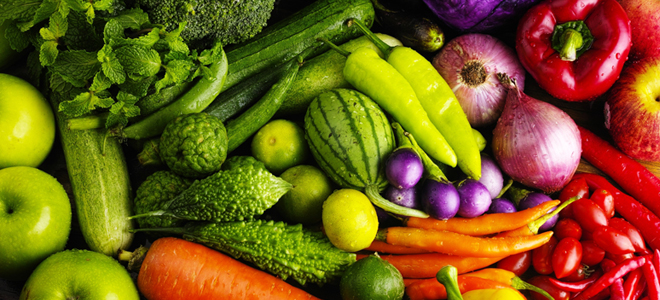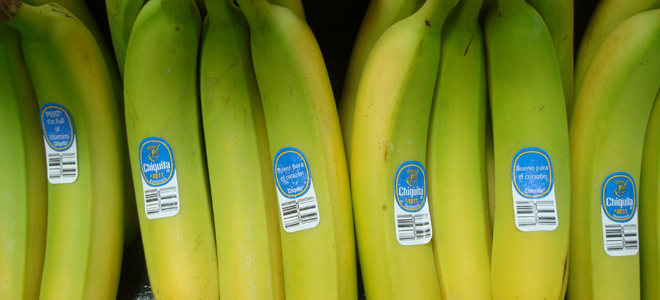September 14, 2018 Opinion piece
 Gary Lynch, CEO at GS1 UK outlines how industry can work together to eliminate the big problem of food waste
Gary Lynch, CEO at GS1 UK outlines how industry can work together to eliminate the big problem of food waste
Food waste is a global issue that’s affecting our environment, society and economy enormously – and is increasingly getting attention, both in the industry and media. It’s been recently reported in the press that UK supermarkets throw away 115,000 tonnes of perfectly good food each year – this equates to £230 million of edible food going to waste.

Reducing food waste has always been a big challenge and pain point for the retail grocery industry. But now retailers across Europe increasingly have plans in place to tackle the problem head on. The approaches are varied and range from charity partnerships to consumer education campaigns.
Earlier in September, the first ever food waste supermarket opened its doors in the UK. The new initiative opened in Leeds and customers can buy food that has already been thrown out by supermarkets on a “pay as you feel” price model. And there are plans to open one in every UK city. In France, the government has stepped in with dramatic results – it’s become the first country in the world to ban supermarkets from throwing away or destroying unsold food. The focus is on reducing food waste by donating it to charities instead.
But the problem can be solved in other ways too. Consumer education is an important part of the mix, highlighting that it’s not just the stores that need to manage food waste – an IGD report shows that 50% of the food thrown away every year comes from UK homes. To mitigate this, the report proposes proper education about menu planning, understanding 'use by' dates, enforcing portion control, using leftovers and properly storing food.

Delivering a more efficient supply chain through improved inventory management and more accurate stock levels at the stores is another area of focus. And this is an area where GS1 standards have always had a role to play. But even here, there’s more that can be done. Retailers in Korea, Ireland, Belgium and Poland are using GS1 DataBar barcodes to label and manage fresh foods food in stores. These barcodes hold information like an item's batch number or expiry date – so the stores can manage products more effectively and therefore successfully reduce in-store waste.
Solutions implemented by industry to tackle the food waste challenge are viewed positively by consumers. Research that we recently conducted, involving 1,000 shoppers, showed that half of them thought it was a good move to encode use by dates in barcodes like GS1 DataBar, to help stock control and prevent out of date food being sold to consumers. And almost two thirds recognised that managing food waste at home was also very important.
It’s encouraging to see that the drive to cut food waste is gaining momentum across Europe. With nearly 100m tonnes of food thrown away in Europe, it’s no surprise that MEPs are supporting change and are voting for changes in legislation to tackle the issue.
Resource Efficient Food and dRink for the Entire Supply cHain (“REFRESH”), a new initiative – which GS1 is participating in – is another example of how industry is coming together to take action. REFRESH is an EU research project made up of 26 partners from 12 European countries and China, who are working together to reduce food waste in production and supply chains by 50% by 2030 and they already have pilot projects running in the Netherlands, Austria, Poland, Spain and Germany.
This project already includes UK participants, but there remains a large opportunity for retailers to collaborate on this issue on home turf. As a neutral and independent member organisation, we’re encouraging and facilitating dialogue among key industry players on many issues, including food waste, so that solutions can be developed to help industry overcome its main pain points and challenges.
There’s no overnight solution that will magically solve the food waste problem. It’s a long process. But steps are being taken, and with industry working together the results could be much more powerful and have a lasting impact.